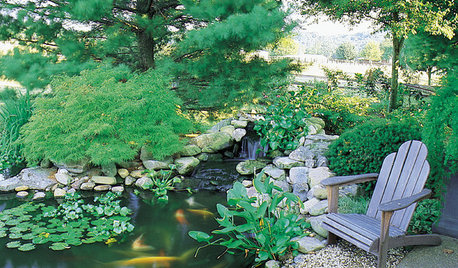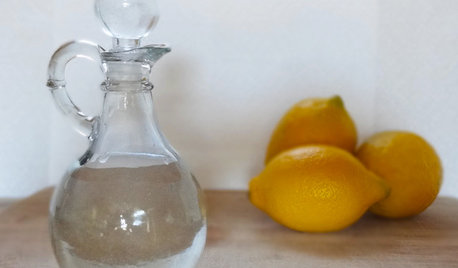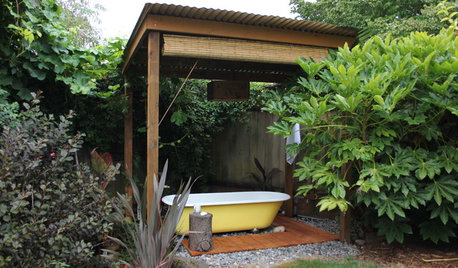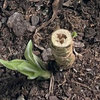chlorine dissipation
north53 Z2b MB
11 years ago
Related Stories

LANDSCAPE DESIGNKoi Find Friendly Shores in Any Garden Style
A pond full of colorful koi can be a delightful addition to just about any landscape or garden
Full Story
HOUSEKEEPINGVinegar and Voilà: Clean Your House the Natural Way
Ditch the commercial cleaners for nontoxic, inexpensive and versatile white vinegar
Full Story
WOODWORKINGHow to Clean and Care for Your Butcher Block
Keep butcher block counters and boards looking sharp as a knife — and sanitized for safe food prep — with this advice from a pro woodworker
Full Story
GARDENING AND LANDSCAPINGWhy Is There a Bathtub in the Backyard?
Nope, it's not waiting for bulk trash pickup. These days outdoor tubs are serving soakers, beer drinkers and even the fishes
Full Story
SELLING YOUR HOUSE5 Savvy Fixes to Help Your Home Sell
Get the maximum return on your spruce-up dollars by putting your money in the areas buyers care most about
Full Story
HOUSEKEEPINGHow to Clean a Glass Shower Door
See which tools and methods will keep those glass shower walls and doors sparkling clean
Full Story
MOST POPULARPros and Cons of 5 Popular Kitchen Flooring Materials
Which kitchen flooring is right for you? An expert gives us the rundown
Full Story








birdsnblooms
tapla (mid-Michigan, USDA z5b-6a)
Related Professionals
Barrington Landscape Contractors · Belmont Landscape Contractors · Del Aire Landscape Contractors · Dudley Landscape Contractors · Flagstaff Landscape Contractors · Forest Hills Landscape Contractors · Hawaii Landscape Contractors · Laguna Hills Landscape Contractors · Leicester Landscape Contractors · Longview Landscape Contractors · Sugar Hill Landscape Contractors · Weslaco Landscape Contractors · Greenfield Landscape Contractors · Winter Gardens Landscape Contractors · Vadnais Heights Landscape Contractorsbirdsnblooms
tapla (mid-Michigan, USDA z5b-6a)
penfold2